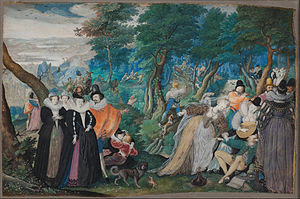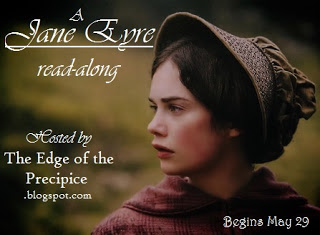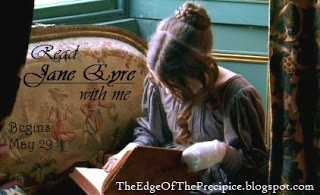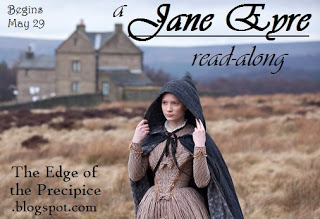I’ve noticed that many people with blogs celebrate their blog anniversaries, such as their first year, or important numbers like 5 years. Some bloggers mention their 500th post. There is nothing more satisfying than choosing a task and sticking to it. Other celebrations include finishing a project, or a list such as The Classics Club. After years of reading, a completed list is certainly something to celebrate.
 |
A Party in the Open Air (1590)
Isaac Oliver
source Wikipedia |
Now, while I’ll certainly have a BIG party after I complete my Classics Club list, I tend to completely forget my blog anniversary, and each year goes by without a mention of the milestones. My excuse? Well, I really don’t have one, other than I have lots going on in life, and there’s not anything to remind me. Yet there is one statistic that I see every day when I log into my blog —- my pageviews —– and so I’m going to celebrate that milestone today.
So join me in celebrating, because today, on June 2, 2016 I reached the golden number of over:
100,000 pageviews!
 |
Hip! Hip! Hurrah! (1888)
Peder Severin Krøyer
source Wikipedia |
Now, honestly, I have no idea if this is an impressive number or not. I began my blog in October of 2013, so it’s 2 years and 8 months old. When I look at some popular blogs, they are boasting in the millions per year, so I suspect my little number of 100,000 is not so impressive, but it was fun to see it hit that mark today.
Thanks to all the faithful readers, who pop in regularly and those too, who come around now and then. I really enjoy all the conversations I’ve had with everyone, and I cherish the blog friends I’ve made over the years. You all make blogging a pleasure!









